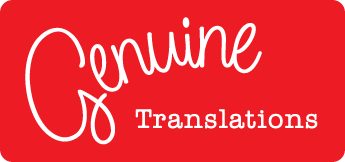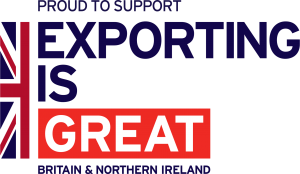I have just found out that 7 November is Notary Public Day in America; how did I miss that?
Therefore, I would like to dedicate this post to all notaries; not only in America, but around the World.
For those of you who don’t know what a Notary Public is, using words of The Notaries Society, he/she is “a qualified lawyer primarily concerned with the authentication and certification of signatures and documents for use abroad”. Notaries “represent the third and oldest branch of the legal profession in the UK, and they are appointed by the Court of Faculties of the Archbishop of Canterbury”.
And what do notaries have to do with translation, you may be asking yourself?
The answer is simple. If you need certain documents translated for use abroad (imagine you are getting married abroad, working overseas or buying property abroad), or have foreign documents to be translated for use in your country, many organisations will ask for a sworn certification of the legal translations of those documents.
Depending on the organisation, the country and the purpose, you can be asked for either a sworn translation from a court certified translator, a certification from a translator who belongs to a translation association, or a notarised translation bearing a notary public certification. The last two are the usual requirements for the UK.
Many other organisations would just say “certified translations” are needed; in which case you should ask them to specify, because nowadays anyone can “certify” anything, can’t they?
So that is why notaries are involved with translation, and why legal translators need to have a good working relationship with, at least, one notary public in their area.
During my career, I have encountered many people who think that notaries need to understand the language the translation is in in order to certify it, but here’s the interesting truth: they don’t. Their duty is to certify that the translator is who he/she says they are and is qualified to do the translation. That is why translators also need to certify the translation with their details and provide proof of identity and qualifications to the notary.
Being a notary public seems like an easy job, doesn’t it? Maybe, but you should think of the horrible consequences of signing something you shouldn’t!
If you need a notarised translation or any other form of certified translation, please get in touch with us.

